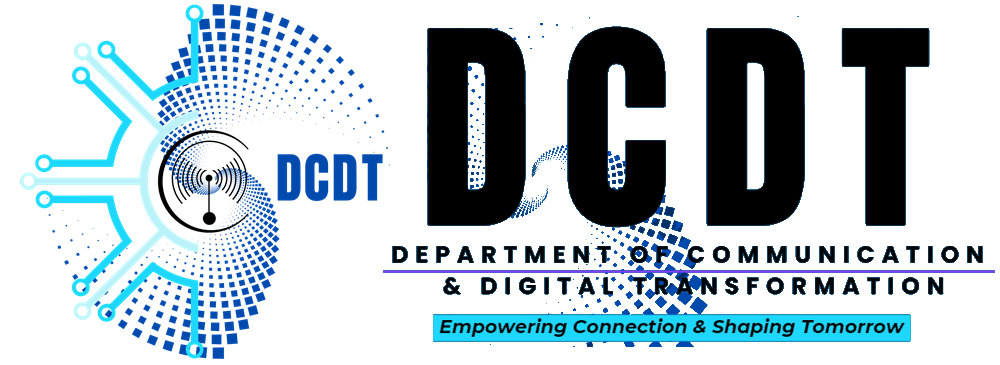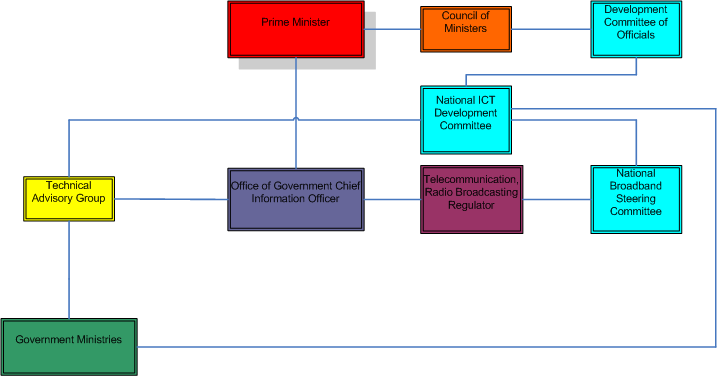The NIDC will be responsible in ensuring that national ICT policies, strategies and legal frameworks that are designed, developed and presented for the adoption to the Council of Ministers (COM), and, subsequently, implemented, must be in line with the Pillars of the National Sustainable Development Plan 2030 and therefore, assisting Vanuatu in achieving all Policy Objectives of the National Sustainable Development Plan 2030.
NIDC is mandated to be the highest coordinating body of all matters in relation to national ICT policies, strategies and legal frameworks, and where required, the NIDC will advise the Council of Ministers on matters requiring COMs attention and/or decision.
This committee will also coordinate consultations on any draft national ICT Policy and other related polices with the private sectors, academia, governmental stakeholder, civil society and other interested parties as well as the public. The NIDC shall have a right to establish a consultative or working groups as a vehicle for obtaining input from the relevant stakeholders and to assist the committee in its work. International partners shall also be consulted.
Scope of Work
The NIDC shall:
- Develop, conduct appropriate consultations on, and present for the consideration of the Council of Ministers a national pathway for ICT development, which shall set out:
- Principles, approaches, goals and objectives for maximizing contribution, efficiency and effectiveness of ICT in achieving the pillars of the NSDP for a “stable, sustainable and prosperous Vanuatu”;
- Strengthen institutional framework for the governance of ICT development nationwide.
- Provide guidance to the council of Ministers on:
- Development of targeted policies based on critical needs
- Coordinate implementation of such policies.
- Be a platform for discussion and coordination of ICT development- related matters. Where required, the NIDC shall advice the COM on matters requiring COMs attention and /or decision.
National ICT policies
In the area of national ICT policies, DCDT is responsible to provide leadership, support and assistance to the National ICT Policy Development process, and to act as Secretariat to the National ICT Development Committee (NIDC).
The process is aimed at creating a National ICT Policy, Universal Access Policy and Cyber-security Policy that are tailored to Vanuatu conditions, are based on extensive consultations with a wide range of stakeholders, and are ready to be operationalized by the those same stakeholders. Action plans by sector or ministry will be developed under the National ICT Policy.
Download Draft National ICT Policy Framework for Consultation




